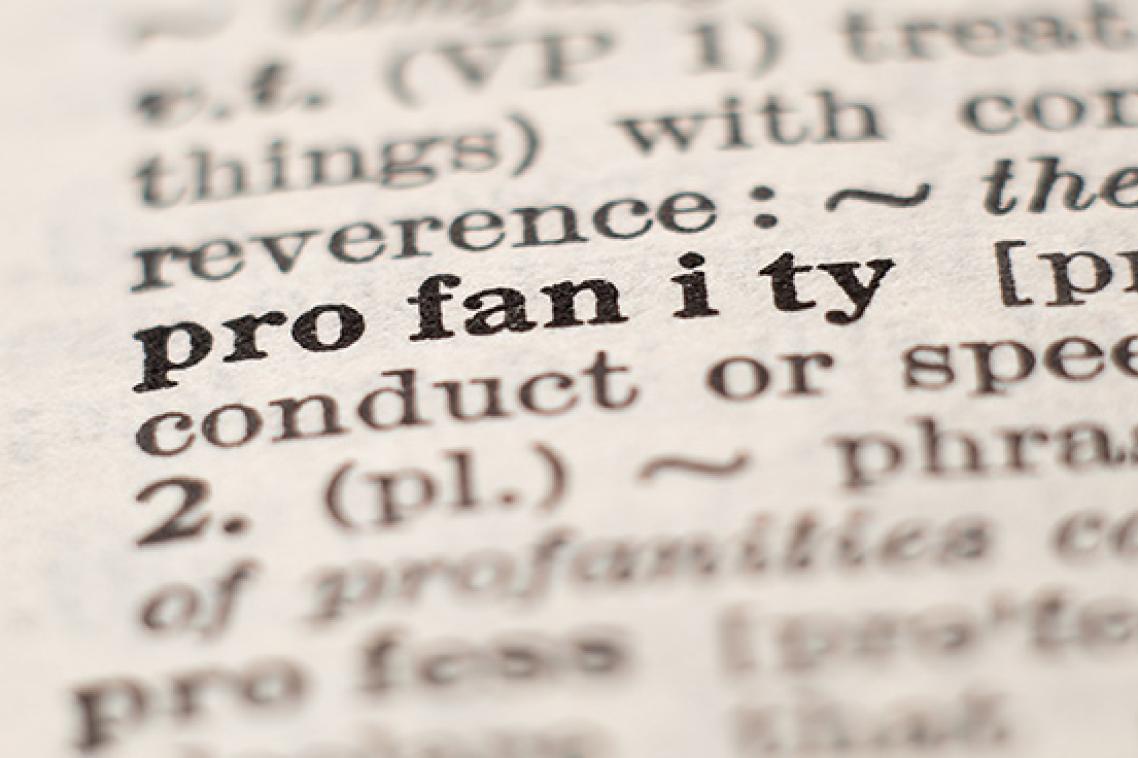Global study finds Australians are third most prolific swearers

(Photo credit: Adobe )
Australians swear online less frequently than Americans or the British, according to new research analysing cultural differences between the way English-speaking countries use vulgar language.
University of Queensland-led research analysed a vast database of more than 1.7 billion words of online content across 20 English speaking countries to explore how people use offensive language in written form.
Dr Martin Schweinberger from UQ’s School of Languages and Cultures, said it was the first large-scale analysis of its kind to determine how offensive language was used in English-speaking countries.
“For language learners and immigrants, knowing how to adjust their language to different social situations is just as important as mastering grammar or vocabulary,” Dr Schweinberger said.
“Being able to understand when it's appropriate to use humour, informal expressions, or even mild vulgarity can make a big difference in feeling included, building relationships, and navigating everyday life in a new culture.
“It’s not just about speaking correctly - it’s about speaking appropriately.”
The study analysed the frequency of vulgar language in online content across 20 countries, including some where English was a commonly spoken secondary language.
A selection of 597 vulgar words, including variants and misspelled versions, were used in the analysis.
The researchers combined computational methods with linguistics to gain deeper insights into language and culture.
“Some may find it disappointing, but the research found the United States and Great Britain ranked ahead of Australia in terms of using vulgar language online,” Dr Schweinberger said.
“One possible explanation is that Australians are more conservative when they write online but not so much when they are face-to-face.
“Australians really see vulgarity, swearing and slang as part of our culture – we’re very invested in it.”
Dr Schweinberger conducted the research with Monash University’s Professor Kate Burridge using the Language Data Commons of Australia, a UQ-led research infrastructure initiative supported by the Australian Research Data Commons which is funded by the National Collaborative Research Infrastructure Strategy.
“Our study suggests Australians might still live up to our popular image of having unusually rich and inventive ‘bad’ language, especially thanks to our very public and colourful airing of swear words – this is something that’s often remarked upon by overseas visitors to the country,” Professor Burridge said.
The study noted vulgar words were so accepted in Australia that Tourism Australia famously coined the phrase, “So where the bloody hell are you”, in a global advertising campaign.
The ad was banned in Canada, banned from television and billboards in the UK and censored in Singapore.
The research also referenced the highly successful government-funded road safety campaign, “If You Drink, Then Drive, You’re a Bloody Idiot”, that had been running since the 1980s.
The research, titled 'Vulgarity in online discourse around the English-speaking world' was published in Lingua.
Topics
Related articles

A legacy in stone

What will happen to the Louvre jewellery after the heist? There are two likely scenarios.
Media contact
UQ Communications
communications@uq.edu.au
+61 429 056 139
